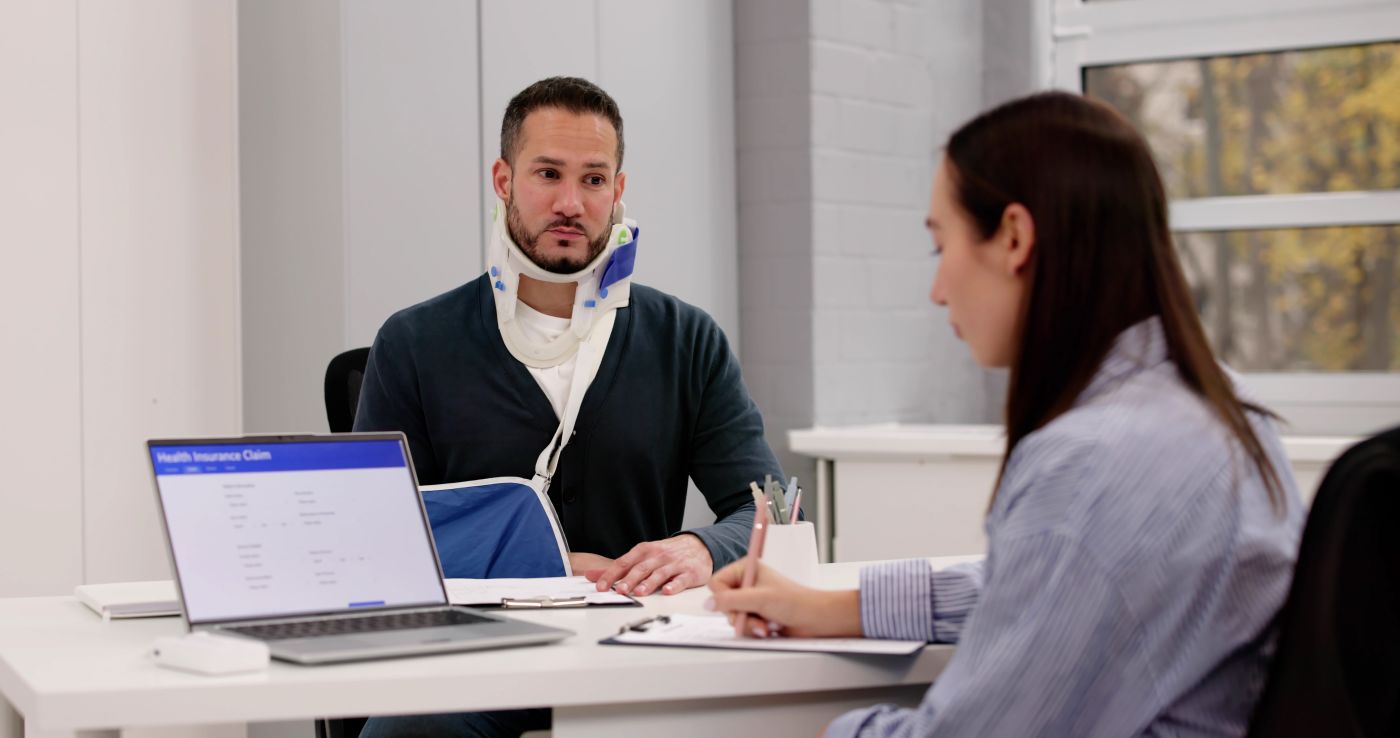
A DUI charge can affect many areas of your life, but when you're involved in a custody or divorce case, the consequences can be especially serious.
In Alpine, Utah, any criminal charge that calls your judgment into question—especially one involving impaired driving—can shift the course of custody arrangements or divorce negotiations. At Preston Day Law, PLLC, we’ve worked with parents and spouses who are trying to protect their rights after a DUI arrest or conviction.
These cases require more than just a criminal defense strategy; they call for knowledge from a family law attorney on how the court thinks and what matters most when decisions about children, property, and parental rights are on the line.
How DUI Charges Affect Divorce Cases
A DUI charge doesn’t automatically lead to a worse divorce outcome, but it can become a major factor if it affects your ability to parent or manage finances responsibly. The court may take the DUI into account when dividing property, assigning spousal support, or making other key decisions.
Here’s how a DUI can influence divorce:
Alimony and financial credibility: A recent DUI may suggest instability, which could affect spousal support discussions, especially if job loss or fines are involved.
Division of assets: If the DUI led to damaged property or drained shared resources, your spouse might argue for a greater share of marital assets.
Parenting arrangements: Even if custody isn’t being decided, a DUI could limit your ability to have overnight visits or transport children.
Protective orders: If the DUI involved violence or endangerment, your spouse may request protective measures that impact visitation or communication.
A family law attorney can help you understand how to respond to these accusations, present your side of the story, and work toward outcomes that protect your rights without ignoring the seriousness of the charge.
Custody Decisions and DUI Convictions
Custody cases are among the most sensitive issues in family law, and a DUI conviction can significantly influence a judge’s perception of your ability to parent safely. Utah courts aren’t looking to punish parents—they’re looking to protect children. If a DUI suggests risk or instability, that will weigh heavily in the court's decisions.
Key custody concerns include:
Child endangerment: If the child was in the car during the DUI incident, it raises immediate red flags and could lead to emergency custody changes.
Substance abuse history: A DUI can be seen as a sign of broader alcohol or drug issues, prompting the court to request evaluations or treatment.
Loss of driving privileges: If your license is suspended, it may affect your ability to transport your child to school, medical appointments, or visitation exchanges.
Court perception of judgment: Even a single incident can lead the judge to question your reliability and consistency as a caregiver.
In these cases, a family law attorney can gather the right records, witness testimony, or treatment documentation to show the court that you’re taking responsibility and working to remain a stable presence in your child’s life.
Responding to Accusations from the Other Parent
If you're being accused by your ex or co-parent in connection with a DUI, it's important to respond with care and a clear strategy. The focus shouldn't just be on defending your reputation—it should also highlight your commitment to your child’s safety and well-being.
A family law attorney can assist in several key ways, starting with clarifying the circumstances surrounding the DUI. Whether it was a one-time mistake or part of a broader issue, context plays a critical role. They can also help you present proof of rehabilitation, such as completed DUI education programs, counseling, or participation in support groups like AA.
If the other parent is exaggerating claims to gain leverage in court, your attorney can help challenge those statements with reliable evidence and testimony. In cases where there’s disagreement about parenting ability, you may also consider requesting a neutral third-party custody evaluation.
When the Other Parent Has a DUI
You may also find yourself on the other side of the issue—trying to protect your child from a co-parent with a DUI conviction. While one mistake doesn’t mean the other parent is unfit, repeated incidents or DUIs involving children can warrant legal action.
A family law attorney can assist with:
Filing for temporary custody adjustments: If the DUI creates immediate safety concerns, you can ask the court to temporarily modify custody or visitation.
Requesting supervised visitation: If alcohol or drugs remain an issue, supervised visits may protect your child while preserving the other parent’s rights.
Documenting concerns: Police reports, court records, and witness statements can strengthen your case.
Modifying transportation arrangements: If the other parent can’t legally drive, you may need to revise pickup/drop-off plans in the parenting schedule.
Protecting your child doesn’t mean cutting the other parent out completely—it means working with a family law attorney to create safe, workable solutions.
DUI Charges and Child Protective Services
In some situations, a DUI—particularly one involving a child in the vehicle—can lead to a report being filed with Child Protective Services (CPS). This involvement introduces another layer to custody issues and may have lasting effects on your parental rights.
If CPS steps in, they may begin by investigating your home environment, which often includes visiting your residence, speaking with your child, and evaluating your parenting setup. In more serious cases, CPS could temporarily remove your child from your care until a court can assess the situation.
You may also be required to complete certain court-mandated services, such as parenting classes, substance abuse counseling, or random drug testing. CPS oversight can extend well beyond the initial report, with ongoing reviews and check-ins lasting for months or even years.
During this process, a family law attorney can help you work constructively with CPS while also protecting your legal rights and pursuing reunification or modified custody when appropriate.
DUI and Its Effect on Co-Parenting Plans
Even if custody is shared, a DUI can impact the way your co-parenting agreement functions. Transportation, communication, and trust all come into play—and may need to be adjusted through formal court orders.
Common areas impacted by a DUI:
Transportation logistics: If your license is suspended, the court may require another adult to assist with exchanges.
Communication protocols: Tensions may rise, especially if one parent questions the other’s sobriety during visits.
Holiday and vacation schedules: Judges may be more cautious about approving out-of-state or overnight trips post-DUI.
Contingency planning: Some courts require future safety plans if another DUI were to occur.
Rather than trying to modify these details informally, a family law attorney can help you request appropriate adjustments through the court.
Addressing Substance Use Concerns in Custody Disputes
A single DUI can lead to broader concerns about alcohol or drug use in family court, especially when a judge believes that substance use could put a child’s safety, emotional well-being, or living conditions at risk. Courts may respond in several ways, such as ordering psychological or substance abuse evaluations to better understand the scope of the issue.
In some cases, the parent may be required to complete treatment programs or alcohol education courses before regaining full parenting time. Judges can also mandate random drug or alcohol testing as a condition for visitation or custody, and when necessary, order supervised parenting time until the parent demonstrates consistent sobriety.
If you're facing these issues yourself or worried about how the other parent’s substance use may impact your child, a family law attorney can help you collect records, seek professional input, and present your case clearly to the court.
Working Toward a Resolution After a DUI
Although a DUI is a serious matter, courts understand that people make mistakes and can take meaningful steps to improve their circumstances. If you're proactive and can demonstrate your commitment to change, you may still protect your parental rights and remain actively involved in your child’s life.
There are several positive actions that can help your case, such as voluntarily attending treatment programs or support groups like AA, which show the court you’re taking the issue seriously. Staying out of further legal trouble also helps rebuild credibility.
Keeping detailed records of visitation, transportation, and compliance with court orders shows consistency and accountability. Additionally, being open to co-parenting solutions—even in difficult situations—shows maturity and a child-focused mindset.
Preston Day, a respected family law attorney, has helped parents across Utah facing DUI-related legal challenges. Whether you're working to retain custody, regain trust, or respond to court proceedings, you don’t have to go through the process alone.
Call Preston Day Law, PLLC Today
A DUI can complicate divorce and custody proceedings, but it doesn’t have to define the outcome. With the help of a knowledgeable family law attorney, you can protect your relationship with your child and take meaningful steps toward stability.
At Preston Day Law, PLLC, we support clients throughout Salt Lake County and Utah County, offering clear legal strategies for even the most difficult family situations. Call us today.


